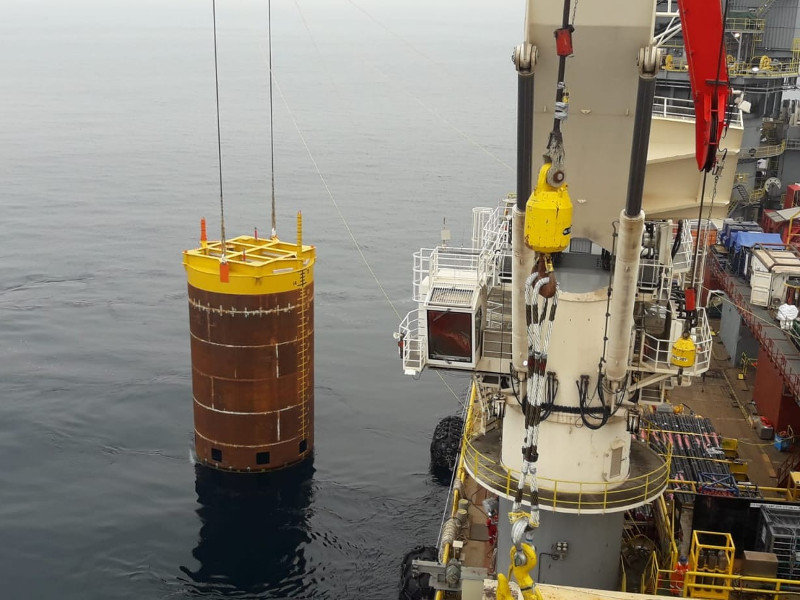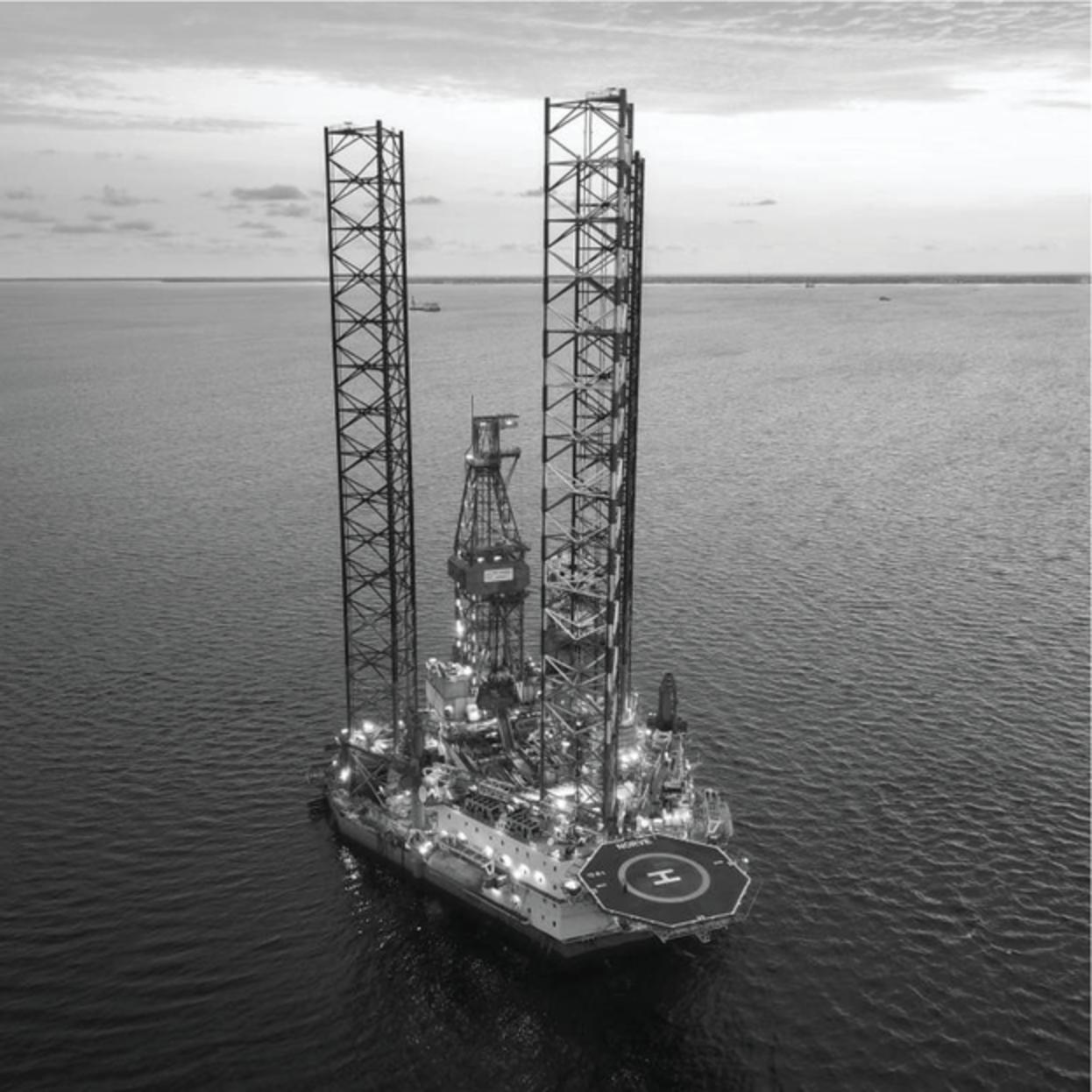

Phase behavior
Equations of state; fluid sampling and laboratory PVT tests; prediction of phase behaviors and reservoir fluid properties; Tuning of EOS using experimental data and field application of fluid data in commercial simulators; a comparison of black oil and compositional models.
Condensate issues
Condensate formation and growth; critical condensate saturation, gravity drainage, residual trapped gas and condensate; condensate banking; and well remedial.
Reservoir Flow
Relative permeability measurement methods; single and two phase inertial factor estimation methods; water flood; relative permeability variations with velocity & interfacial tension due to coupling (capillary number) and inertial effects; mechanistic models of coupling; relative permeability correlations and calculations for use in simulators and using the next generation (universal) method.
Estimating volumes and production mechanisms
Material balance equations (gas in-place calculations and drive mechanism identification); high pressure and high temperature reservoirs, depletion for dry, wet and gas condensate systems; active aquifers and pressure maintenance (including gas injection).
Well issues
Steady state and pseudo-steady state flow equations; well productivity calculations; perforation and fracture characteristics and effective parameters; perforation and fracture design; estimation of skin for perforated, fractured, deviated and horizontal wells.
NeW-COIN
A demonstration of this in-house software which calculates near wellbore relative permeability accounting for coupling and inertia; and estimates gas condensate well productivity for various completion strategies.
The course is designed for mid to senior level Reservoir and Production Engineers involved in the evaluation, planning and development of gas condensate reservoirs.
This interactive Training will be highly interactive, with opportunities to advance your opinions and ideas and will include;
Day 1
Day 2
Day 3
Day 4
Day 5
BTS attendance certificate will be issued to all attendees completing minimum of 80% of the total course duration.
| Code | Date | Venue | Fees | Register |
|---|---|---|---|---|
| DE211-01 | 06-04-2026 | Istanbul | USD 5950 | |
| DE211-02 | 05-07-2026 | Cairo | USD 5450 | |
| DE211-03 | 20-09-2026 | Casablanca | USD 5950 | |
| DE211-04 | 20-12-2026 | Manama | USD 5450 |

This 5-day course has been designed to assist understanding the development and application of reservoir fluid information in reservoir studies, production operation and recovery processes. PVT (Pres ...

Water flooding is one of the most important methods of improving recovery from oil reservoirs. This section of the course concentrates on reservoir and field operations aspects of water injection for ...
Providing services with a high quality that are satisfying the requirements
Appling the specifications and legalizations to ensure the quality of service.
Best utilization of resources for continually improving the business activities.
BTS keen to selects highly technical instructors based on professional field experience
Since BTS was established, it considered a training partner for world class oil & gas institution
1st floor, Incubator Buildingو Masdar City, Abu Dhabi, UAE
Sun to Fri 09:00 AM to 06:00 PM
Contact Us anytime!
Request Info